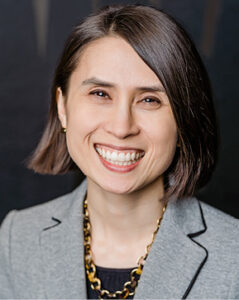The California Department of Public Health (CDPH) has issued guidance, in three different All Facilities Letters (AFLs), about new laws that apply to hospitals and health facilities: one regarding medical exams of sexual assault victims, one on employees’ rights during a CDPH investigation or inspection, and one on written notice to patients about their right to be free of discrimination.
AFL 20-05 notifies general acute care hospitals and licensed clinics that Assembly Bill 538 (2019) allows clinics “and other emergency medical facilities” to conduct medical evidentiary examinations of sexual assault victims. Like general acute care hospitals, clinics may not charge for the cost of those examinations. The new law also adds nurses, nurse practitioners, physician assistants, and sexual assault forensic examiners to the list of health care professionals who may conduct medical evidentiary examinations and specifies the right of a minor to consent to medical evidentiary examination and treatment without the consent of a parent or guardian.
AFL 20-06 provides details about Senate Bill 322 (2019), which applies to general acute care hospitals, acute psychiatric hospitals, special hospitals, and hospice facilities. The law grants employees or their representatives the right to privately discuss possible regulatory violations or patient safety concerns with an inspector during an investigation or inspection by CDPH.
AFL 20-07 explains Senate Bill 464 (2019), requiring general acute care hospitals to provide each patient written information at the time of admission informing them of their right to be free of discrimination and how to file a complaint with CDPH, the Department of Fair Employment and Housing and the Medical Board of California. CHA has updated its model notice which may be found here. This law also requires hospitals providing perinatal care, alternative birth centers, and primary care clinics providing services as an alternative birth center to develop and implement a training program for evidence-based implicit bias for all health care providers involved in the perinatal care of patients in those facilities.



